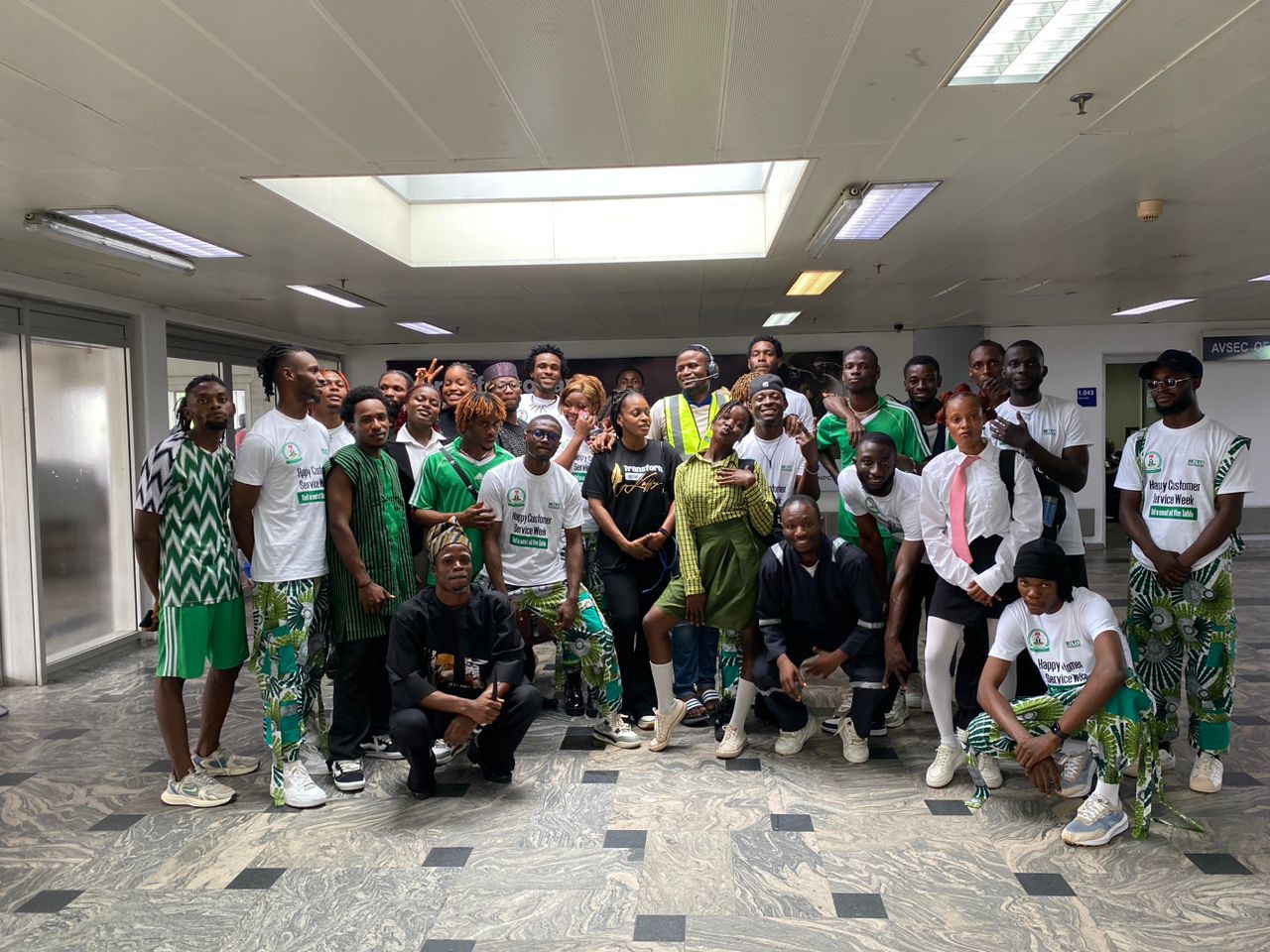The currency rate between dollars and naira as of today, February 12, 2024, is shown below.
The official exchange rate between the dollar and the naira in Nigeria as of right now, includes CBN and Bureau De Change rates.
What Is Today’s Official Dollar to Naira Exchange Rate?
According to data published on the official currency trading portal of FMDQ Security Exchange, the Naira’s exchange rate against the US dollar began at ₦1451.37 per dollar on Thursday, February 8, 2024, and ended at ₦1469.97 per $1 on Friday, February 09, 2024.
Despite the Central Bank of Nigeria’s (CBN) announcement of the unification of all foreign exchange market segments, the Naira is trading at a high of ₦1,455 per US dollar on the black market.
On June 14, 2023, the apex bank announced in a circular that all foreign exchange windows have been merged into the investors and exporters (I&E) window.
“Abolition of segmentation,” was the declaration that was made. The Investors and Exporters (I&E) pane now includes all sectors folded into it. Applications for BTA/PTA, SMEs, school fees, and medicals would all still be handled by deposit money institutions.
The Willing Buyer, Willing Seller concept is being reintroduced at the I&E Window. The current window’s operations will be directed by the circular that was established on April 21, 2017, with reference number FM/DIR/CIR/GEN/08/007. This window allows access to foreign exchange for all qualified transactions.
“The weighted average rate of the executed transactions at the I&E window the day before, computed to two (2) decimal places, shall be the operational rate for all government-related transactions.”
“Proscription of trading limits on oversold FX positions with permission to hedge short positions with OTC futures. Limits on overbought positions shall be zero.
“Re-introduction of order-based two-way quotes, with bid-ask spread of N1. All transactions shall be cleared by a Central Counter Party (CCP).
“Reintroduction of Order Book to ensure transparency of orders and seamless execution of trades.
“The operational hours of trades shall be from 9 a.m to 4 p.m, Nigeria time.”
The supreme court stated that authorized dealers and the general public would receive more instructions regarding the operating modifications in due course.
It appears from the adjustments made to the country’s foreign exchange market operations that Nigeria has loosened its grip on the naira, allowing it to appreciate freely.
On the other hand, a free-floating exchange rate happens when a government lets market forces set the exchange rate exclusively and doesn’t make any effort to ask the central bank to affect the exchange rate’s external value.



